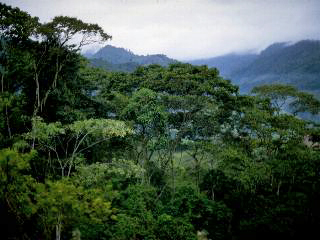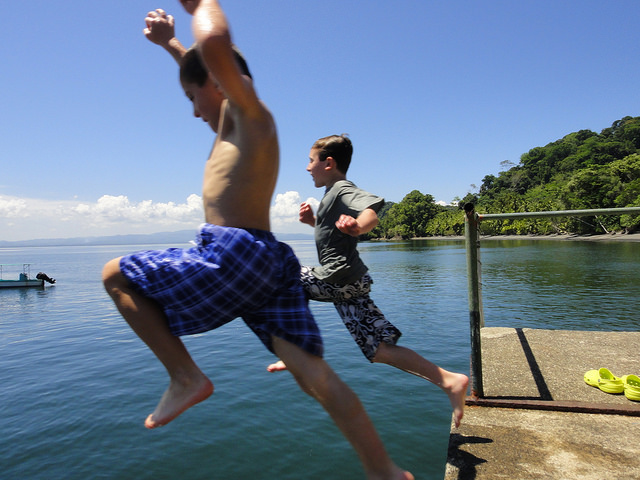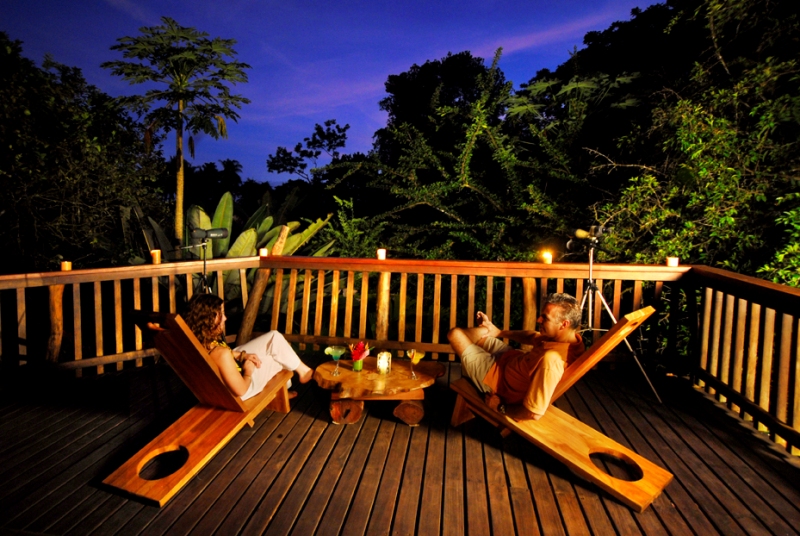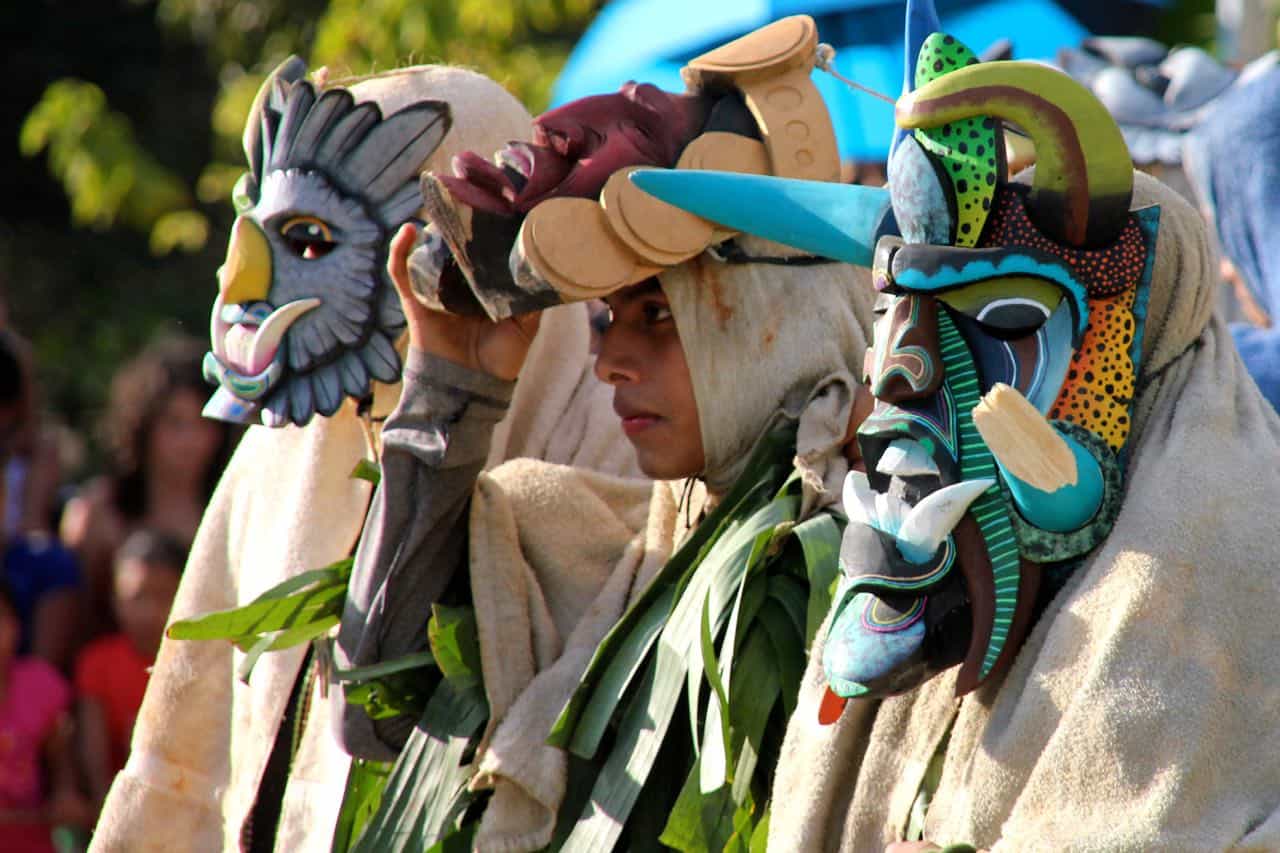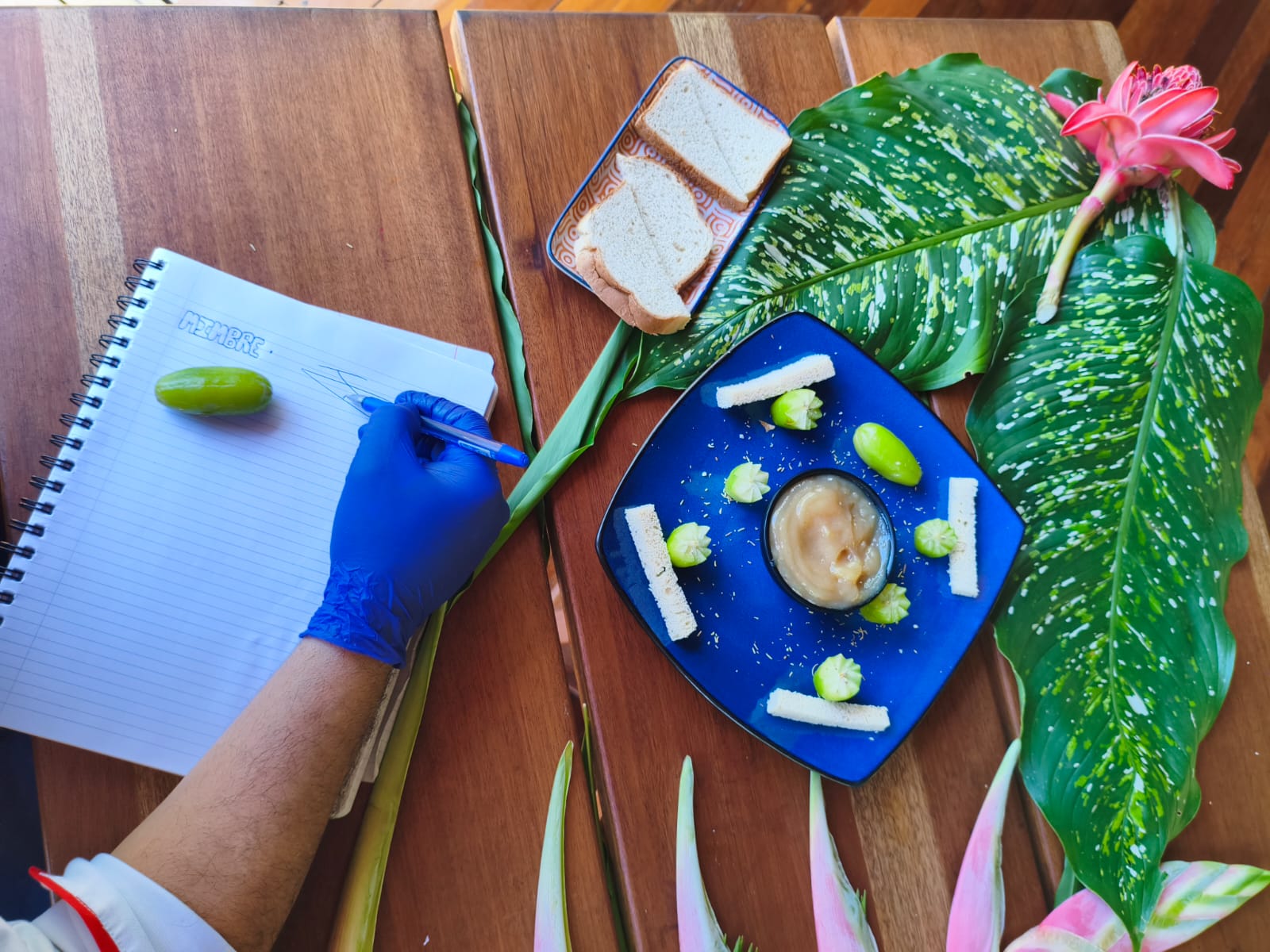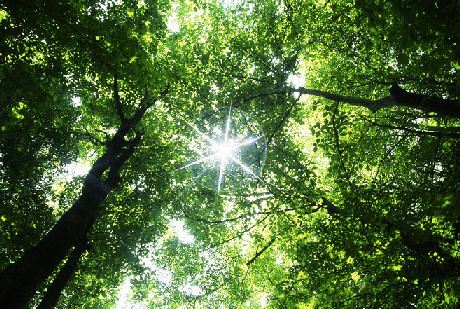 In the aftermath of Hurricanes Irma and Harvey that left a wake of destruction across eastern Caribbean islands, Texas, Florida and at least a half-dozen other U.S. states, climate change is on everyone’s minds.
In the aftermath of Hurricanes Irma and Harvey that left a wake of destruction across eastern Caribbean islands, Texas, Florida and at least a half-dozen other U.S. states, climate change is on everyone’s minds.
Climate change is one of the biggest concerns and challenges facing the world today. Fluctuations to the planet’s temperature and rainfall, and possible increase in natural disasters will affect all of us.
A team of biologists at Veragua Rainforest Eco-Adventure in Costa Rica, collaborating with the University of Costa Rica, are studying tropical biodiversity for climate change indications. Their goal is to help Costa Rica in its efforts to reduce global warming, reach its goal to be the first carbon neutral country in the world by 2021, and prevent global catastrophes – like the ones the world just experienced.
Veragua Rainforest is now linking its scientific investigations and climate change research with new environmental education programs. They invite students, volunteers, and visitors from around the world to join in their studies on rainforest biodiversity and the climate to work toward preservation of the planet.
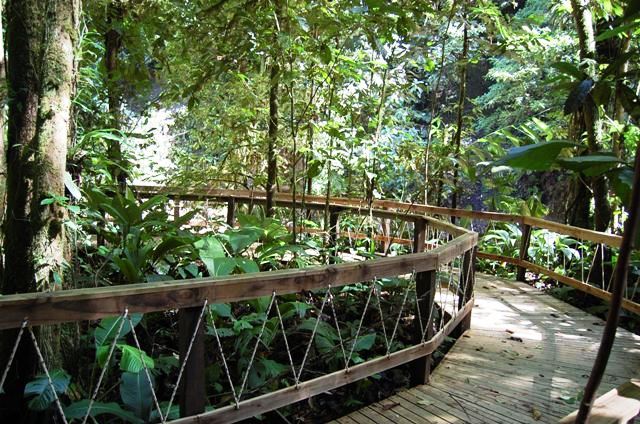
Veragua’s scientific research station is located on their 3,400-acre private rainforest reserve by the Port of Limon in Costa Rica’s Caribbean region. Their scientific team has directed numerous projects since 2012 to understand how environmental variables such as temperature, humidity, rainfall, and moonlight affect the reproductive behavior of different animals. With this information, the biologists are seeing that some species are more vulnerable to changes in the climate. The studies of animal behavior, along with meteorological and ecological data, can indicate any early warning signs of serious climate change.
“This is a very important issue. By generating and contributing information on climate change signals, which we share with our communities and the country’s environmental decision-makers, we can help make changes that may contribute to changing the course of nature,” said Rocio Lopez, Education Program Coordinator at Veragua Rainforest.
“Our new educational program at Veragua combines our scientific investigations and climate change research with STEM education elements of natural sciences, technology, engineering and mathematics in hands-on learning experiences,” Lopez said.
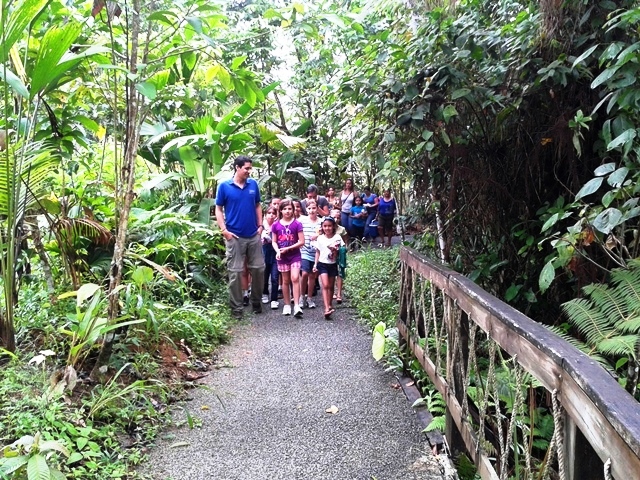
Veragua Rainforest offers several new environmental education programs for students:
- Study of amphibians and reptiles on site.
- Habitat restoration on site for two species in danger of extinction: Tiger Frog and Lemur Leaf Frog.
- Studies of the different songs of birds and amphibians, which help in gauging the health of animal populations in the region.
- Bird watching to identify species in the region. Costa Rica has the greatest density of bird species in the Americas, and a record number of 417 bird species have been identified in the Central Caribbean region.
- Study of fruit-eating butterflies to see how environmental changes affect migration patterns and reproduction.
- Planting native trees and shrubs to not only repair the natural habitat, but also to create a greater respect for the environment and the time it takes to repair itself.
- Sustainability practices including solar energy, recycling, eco-friendly canopy zip line tour, community environmental education activities and social work.
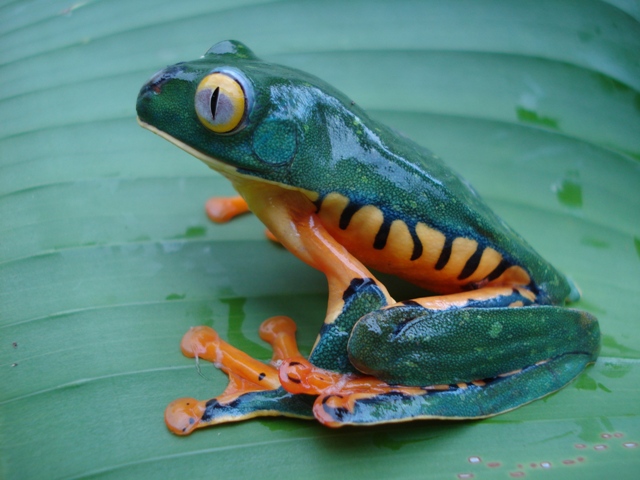
Veragua Rainforest Eco-Adventure Park’s mission is to deliver an unforgettable learning experience in Costa Rica’s rainforest.
“At Veragua, students participate with hands-on experience investigating nature’s responses and how we can mitigate climate change. This involves them in the solution,” explained Lopez. “And when students help out with our community social work, sharing with less fortunate children, it helps to give them a perspective of what is really important in life.”
Article by Shannon Farley



